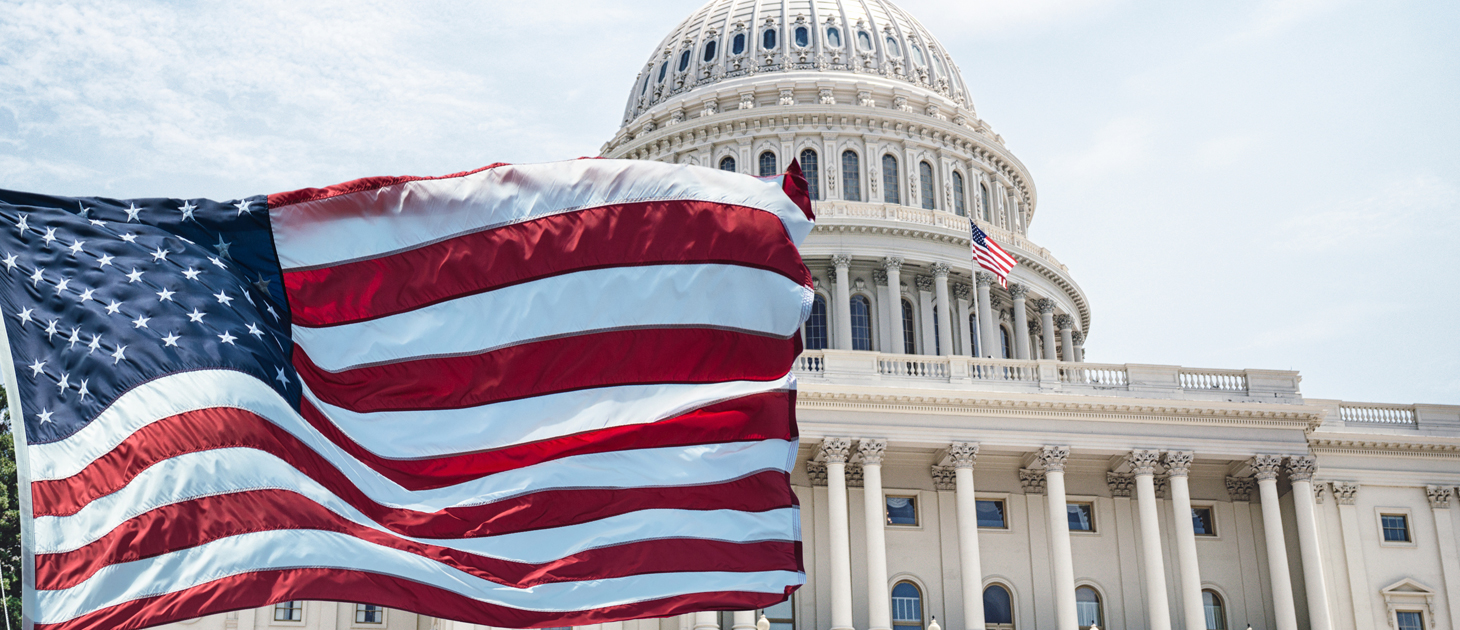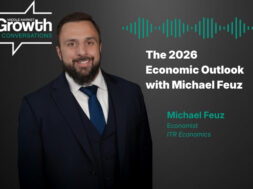Middle-Market Public Policy Roundup
The White House lays out its immigration demands, infrastructure reemerges as a top Trump administration priority, and the Senate approves Fed Chair Jerome Powell.

Highlights in the public policy domain this week included new demands from the White House for changes to immigration policy—an issue that could impact labor for middle-market businesses—plus infrastructure reemerges as a top Trump administration priority, and the Senate approves Federal Reserve Chair Jerome Powell.
White House Talks Immigration
The government shut down very briefly over the weekend because of congressional Democrats’ anger about the lack of talks about the Deferred Action for Childhood Arrivals program, better known as DACA. (See last week’s policy roundup for more.)
Now the White House has laid out its plans for immigration, Axios reports. The major concession laid out would establish a path to citizenship for 1.8 million young immigrants with “good moral character” and education or work experience. That number is nearly double the current 800,000 DACA recipients. It is estimated that the number reflects all eligible recipients. In return for the concession, the administration is requesting:
- An end to so-called chain migration and the visa lottery program;
- $25 billion to establish a “trust fund” for the border wall system;
- “Historic investment in northern border security”;
- Appropriations for filling “personnel deficiencies” in the Department of Homeland Security and border patrol;
- Equal treatment of immigrants in the U.S. illegally, “regardless of country of origin”; and
- An elimination of loopholes that the administration says make it “almost impossible to deport illegal immigrants.”
Stephen Miller, a White House adviser spearheading the Trump administration’s immigration efforts, laid out these requests during a conference call earlier today.
Also on the immigration front, the San Francisco Chronicle reports that Republican Sen. Orrin Hatch of Utah plans to introduce a bill that will modify the H-1B visa rules, which enable U.S. businesses to hire foreign workers, to allow substantially more visas to be issued each year.
Republican Sen. Orrin Hatch of Utah plans to introduce a bill that will modify the H-1B visa rules, which enable U.S. businesses to hire foreign workers, to allow substantially more visas to be issued each year.
The proposal would increase the number to 195,000 visas; currently 85,000 are issued through a lottery system, which the administration recently said it wants to end. The bill would also allow spouses of H-1B visa holders to work, and it would permit H-1B visa holders to change jobs without losing their visas. It would also allow more spouses of visa holders to come to the country. Foreigners who have master’s or more advanced degrees from U.S. universities would receive priority, and caps based on country of origin would be removed.
Trump to Talk Infrastructure at State of the Union
A draft of the administration’s infrastructure priorities was leaked this week, The Hill reports. According to the document (which the administration refused to comment on), half of the appropriations for infrastructure would be put toward a so-called infrastructure incentives initiative that aims to “promote private and local investment in projects through grants.” Other appropriations would be used for:
- Rural infrastructure – 25%;
- “Transformative Projects Program” – 10%;
- Expansion of federal lending programs – 7%;
The Hill also reports that Trump plans to announce the infrastructure package in full, including its planned $1.7 trillion price tag, during his first State of the Union address.
Senate Confirms New Fed Chair
The Wall Street Journal reports that the Senate this week confirmed Jerome Powell, who has served as a Federal Reserve governor since 2012, as the Fed’s chairman with broad bipartisan support. Powell, who is expected generally to continue previous Fed Chair Janet Yellen’s policies, will need to temper, but not dampen, the economy’s rapid upswing. The Fed still holds a massive balance sheet from the 2008 financial crisis. If it unwinds the holdings too quickly, it could spark a recession. But if the central bank proceeds too slowly, it won’t have the ability to stimulate the economy should the U.S. find itself in another recession.
Check back each Friday for the weekly Public Policy Roundup. Is there a policy issue you’d like us to cover? Send your suggestions to MMG Associate Editor Kathryn Mulligan at kmulligan@acg.org.

Ben Marsico is ACG Global’s manager of legislative and regulatory affairs.


